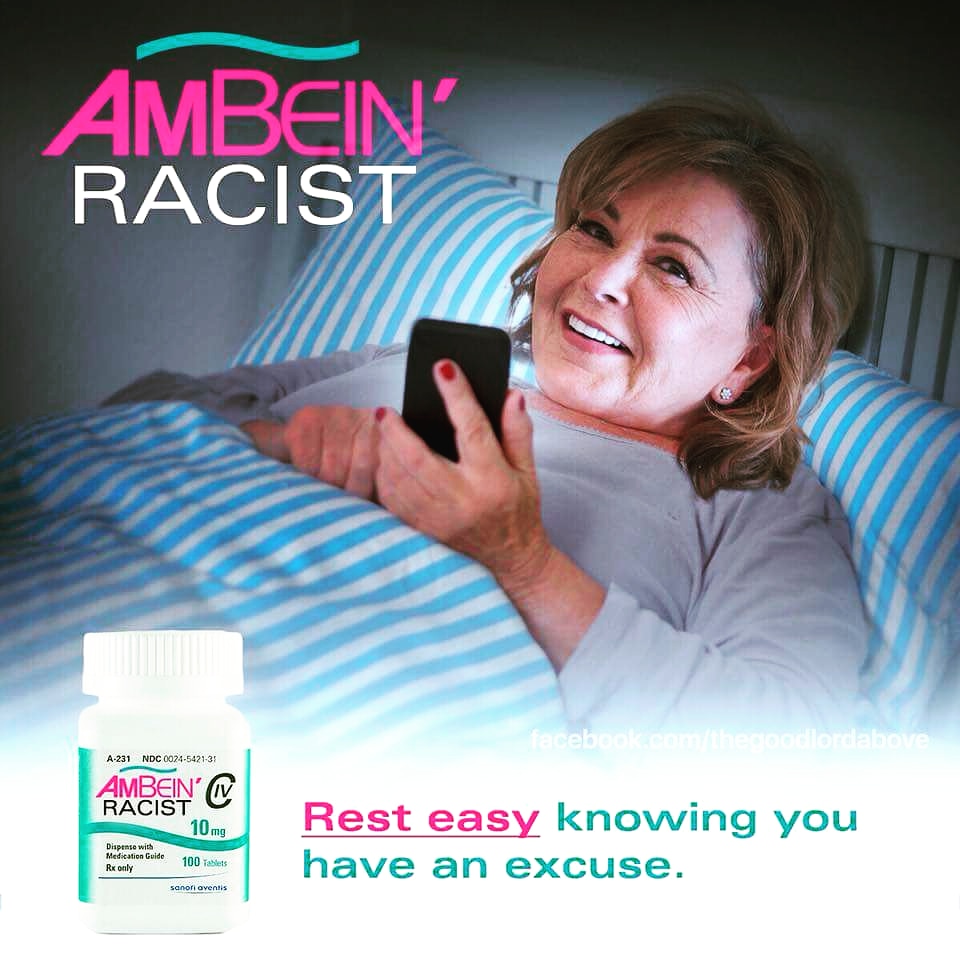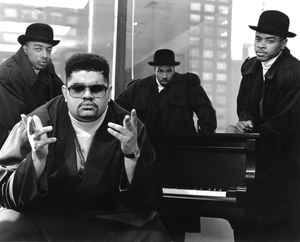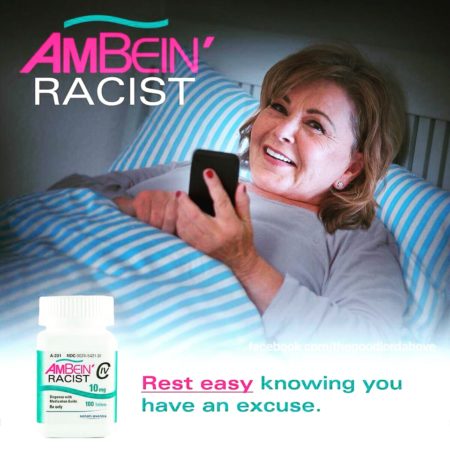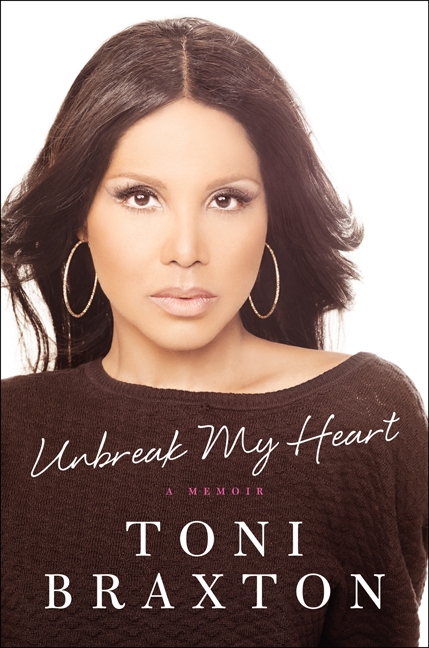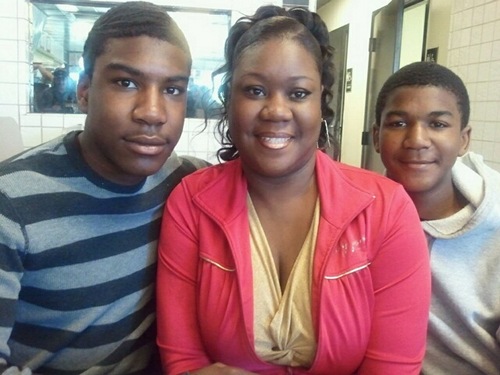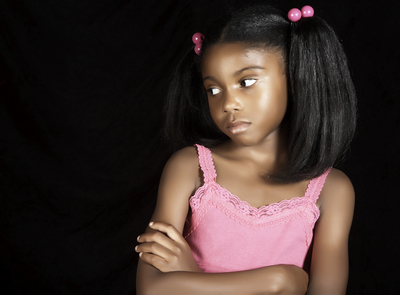Back in the early 90s, when Heavy D & The Boyz released one of their biggest hits, “Got Me Waiting,” the clever rhymes and deft sampling of a Luther Vandross groove made it an instant jam. Unlike some hip-hop of the era, “Waiting” has aged well and, in fact, contains a line that describes our oldest daughter to a T: “I never figured you for the quiet type, on the down-low, the low-profile type/I always thought you was a ‘rah-rah mama,’ stirring up crazy confusion, causin’ drama.'” To put it another way, our soon-to-be 7th grader and pre-teen is not only assertive, but in the words of our former president, she loves to “pop off.”
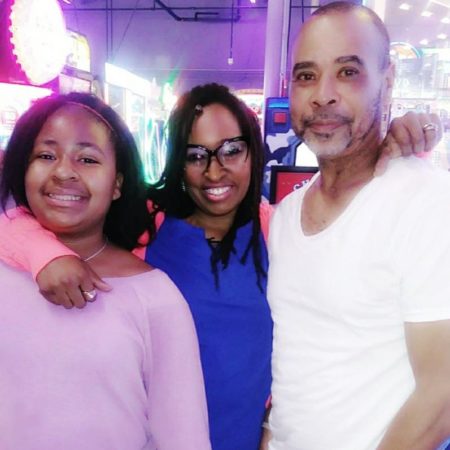 It’s a personality trait that can be refreshing in one moment and infuriating in the next: Nia not only stands up for herself, she rarely suffers fools in her peer group and will usually tell Mom or Dad, in the moment, when something is wrong or uncomfortable. But the other can be downright unpleasant, especially when that ‘rah-rah mama’ emerges in the form of unvarnished opinions (“Ew, why are you wearing that? It’s ugly!”) and unsolicited commentary, especially when it’s an “A and B” conversation between adults or others not needing her input. “Nia,” I often tell her, “just because you think it doesn’t always mean you need to say it.”
It’s a personality trait that can be refreshing in one moment and infuriating in the next: Nia not only stands up for herself, she rarely suffers fools in her peer group and will usually tell Mom or Dad, in the moment, when something is wrong or uncomfortable. But the other can be downright unpleasant, especially when that ‘rah-rah mama’ emerges in the form of unvarnished opinions (“Ew, why are you wearing that? It’s ugly!”) and unsolicited commentary, especially when it’s an “A and B” conversation between adults or others not needing her input. “Nia,” I often tell her, “just because you think it doesn’t always mean you need to say it.”
The goal isn’t to stifle her, but to teach our daughter, while she’s young enough to learn, that words are powerful and often have consequences. Most of us didn’t have instant cameras and social media platforms to immortalize our ignorance during our formative years, so the ones catching flack and blowback from careless speech are usually her age or slightly older.
 Unfortunately, folks usually old enough to know better still don’t get it—like Roseanne Barr. An actress and comedian best known for the recently-revived ABC sitcom, Roseanne, Barr brought her prime-time return, and the entire series, to a screeching halt after characterizing an African-American Obama Administration advisor, Valerie Jarrett, as the “baby” of a “muslim brotherhood” and “the planet of the apes” on Twitter.
Unfortunately, folks usually old enough to know better still don’t get it—like Roseanne Barr. An actress and comedian best known for the recently-revived ABC sitcom, Roseanne, Barr brought her prime-time return, and the entire series, to a screeching halt after characterizing an African-American Obama Administration advisor, Valerie Jarrett, as the “baby” of a “muslim brotherhood” and “the planet of the apes” on Twitter. 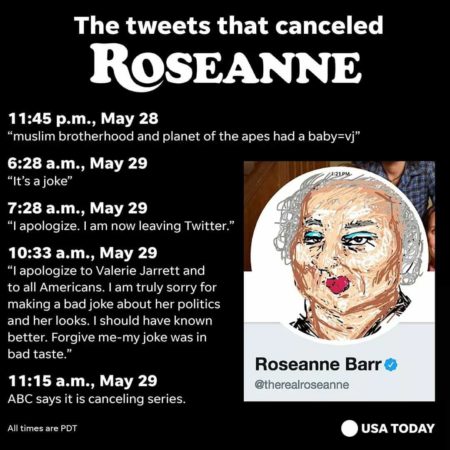
Despite a hastily-tweeted apology to Jarrett and “all Americans,” attempting to frame the slur as a “bad joke about her politics and her looks,” co-star Sara Gilbert responded that she was personally “disappointed in her actions” and called her remarks “abhorrent.” African-American comedienne and actress Wanda Sykes, a consulting producer for the show, quit. Channing Dungey, the President of ABC Entertainment and also African-American, immediately and unequivocally, canceled the sitcom, referring to the Tweet as “abhorrent, repugnant and inconsistent with our values.” 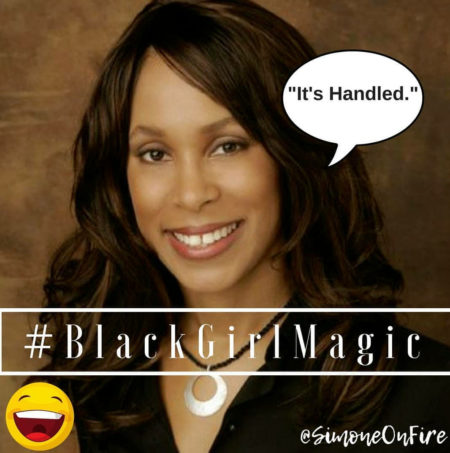
In the hours since, Roseanne returned to Twitter with a flurry of contradictory remarks, taking ownership in one tweet and using yet another one to blame the time and a sleep aid for her actions (“It was 2 in the morning and I was on Ambien.”). Um, no ma’am. A woman old enough to be my mother and Nia’s grandmother knows good and well that neither factor causes vulgarity or racism.
Jarrett, who considers the episode a “teaching moment,” summarized the views of many with MSNBC that same afternoon when she stated that President Trump’s often careless and prejudicial remarks helped to set the present tone. She said that Barr’s very public consequences and that this event should encourage open dialogue about “all the people out there who don’t have a circle of friends and followers who come right to their defense. The person who is walking down the street minding their own business and they see somebody cling to their purse, or run across the street…… those ordinary examples of racism that happen every single day.”
What we want Nia to realize—before she torpedoes future relationships, college admissions chances or job prospects—is that just as people choose what they say, others can choose their response. And unlike Barr, “stirrin’ up crazy confusion causin’ drama” rarely earns anyone a comeback.

